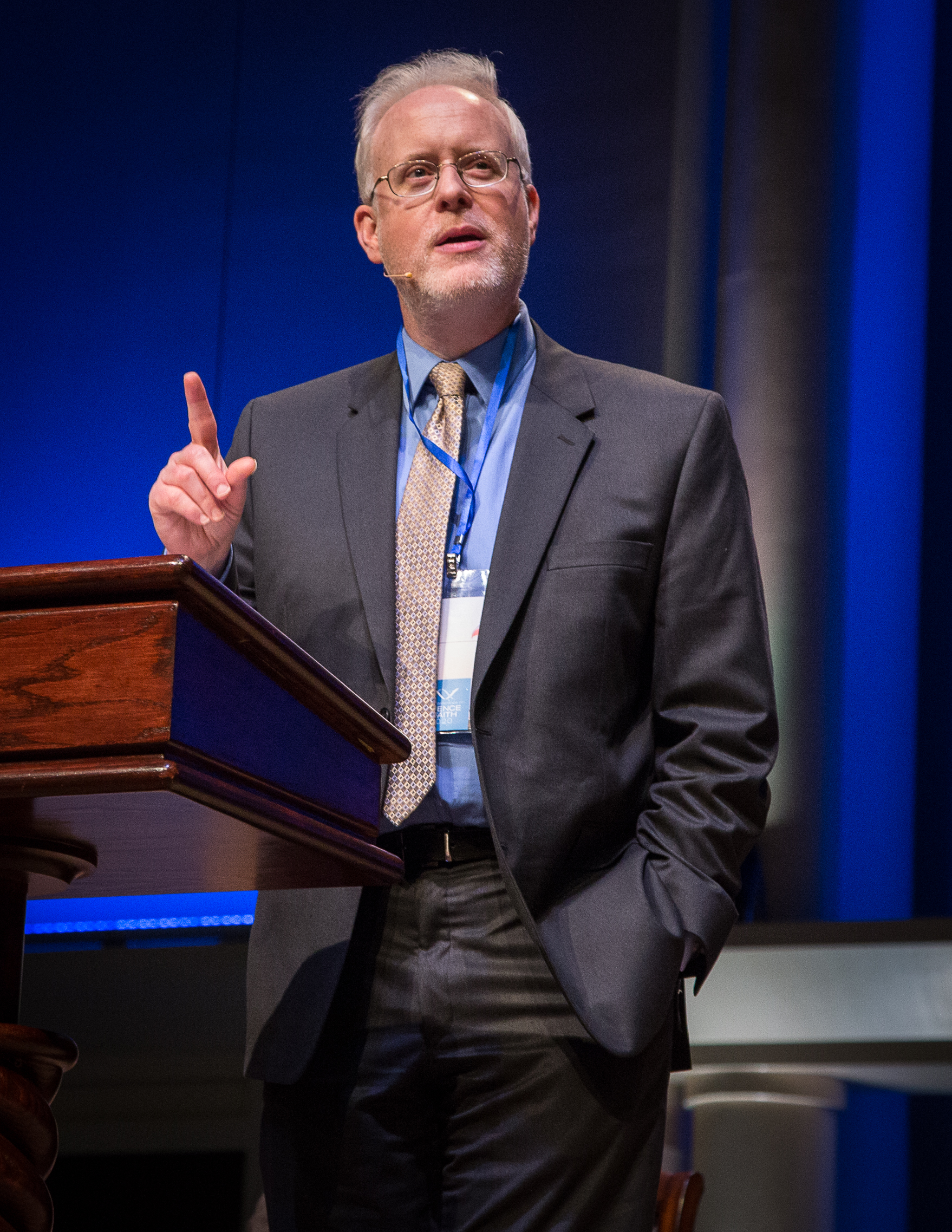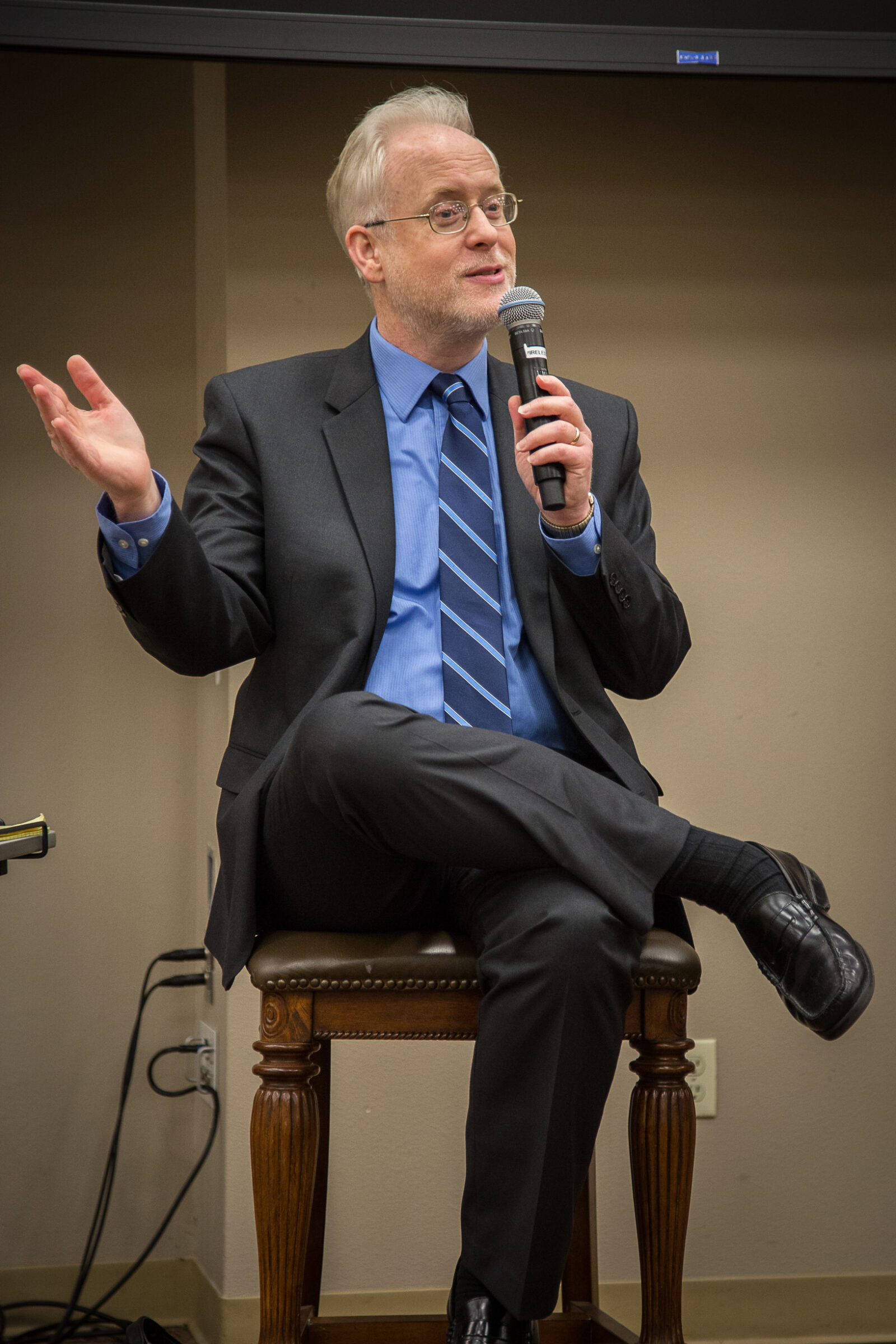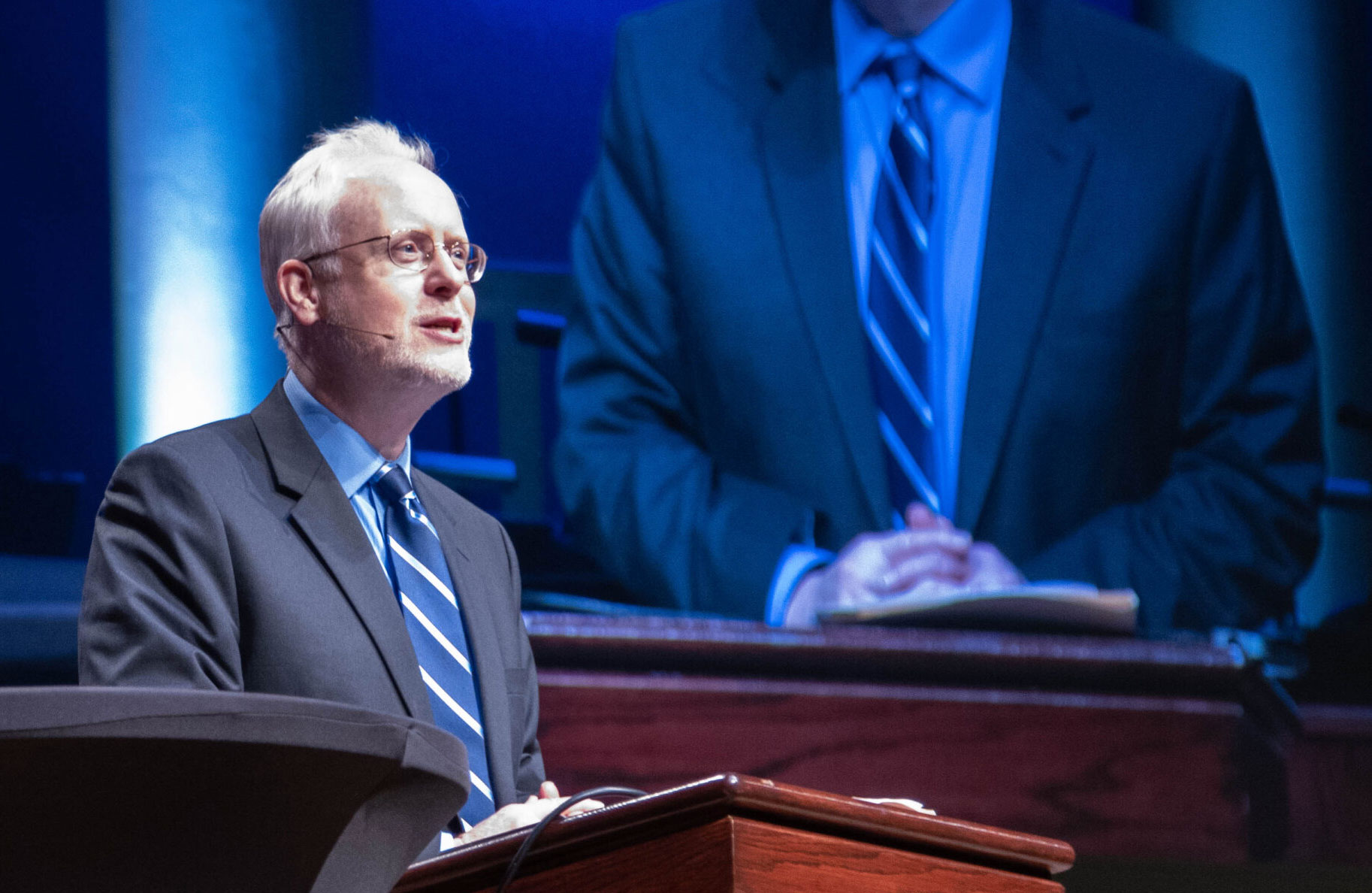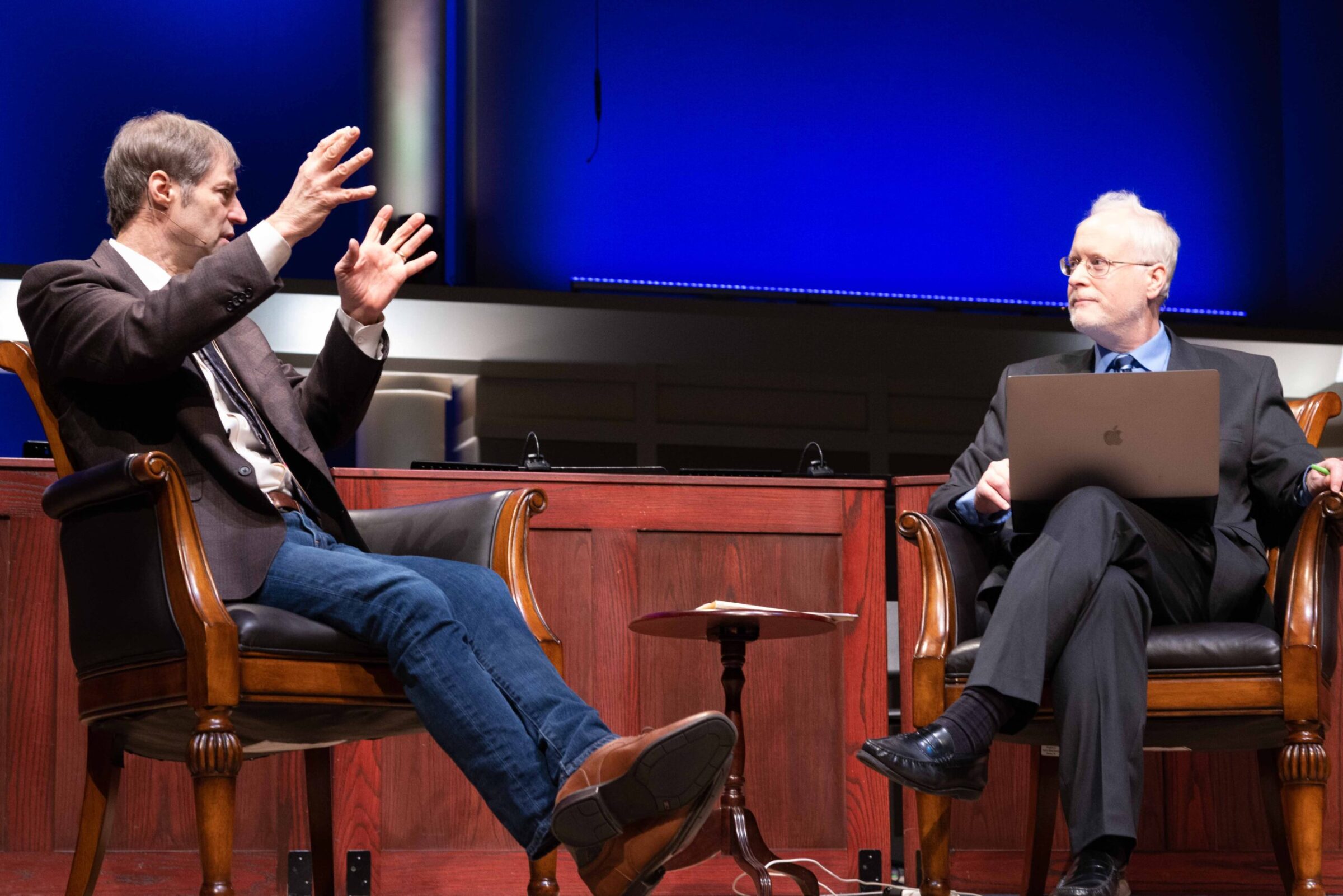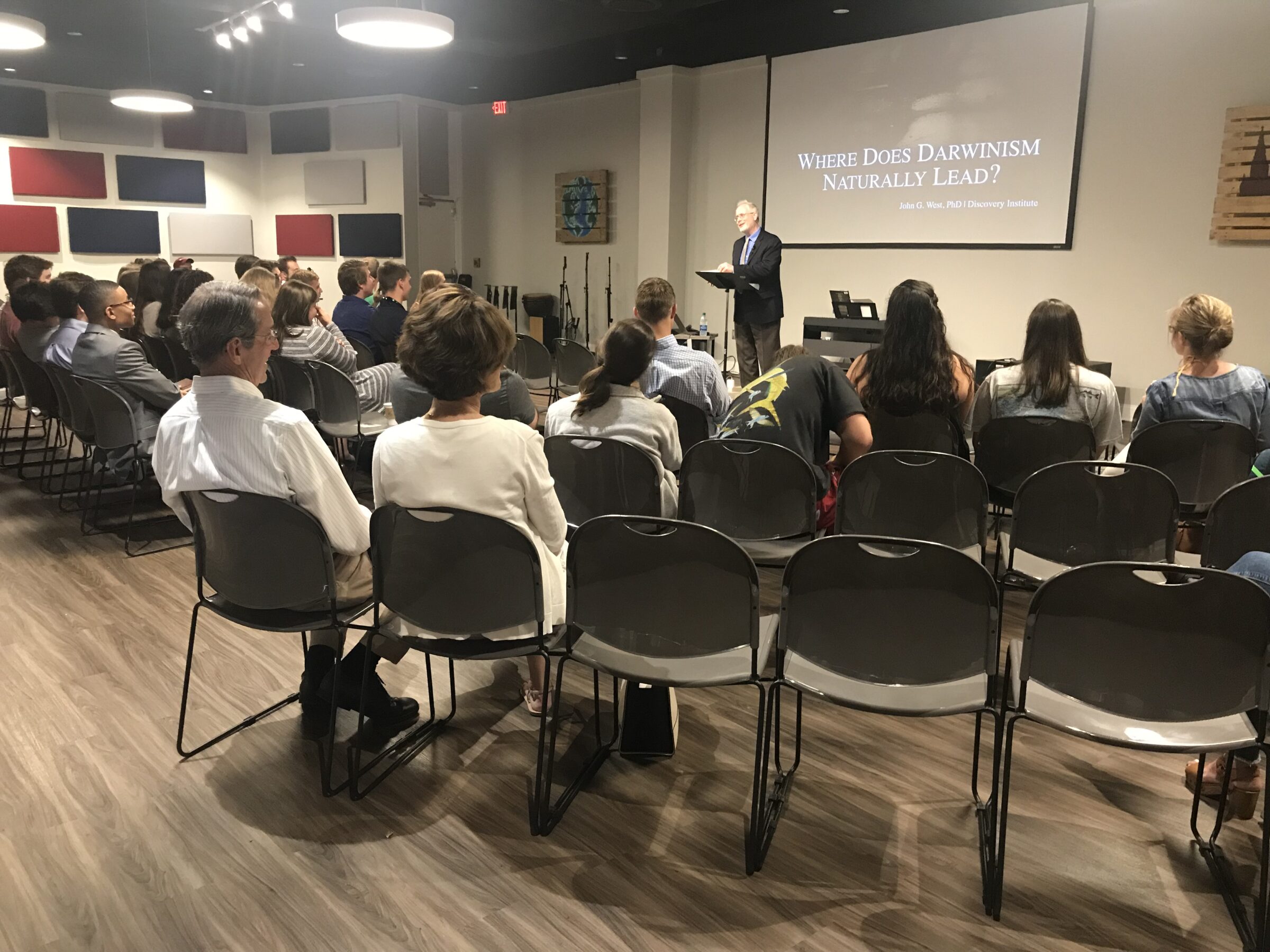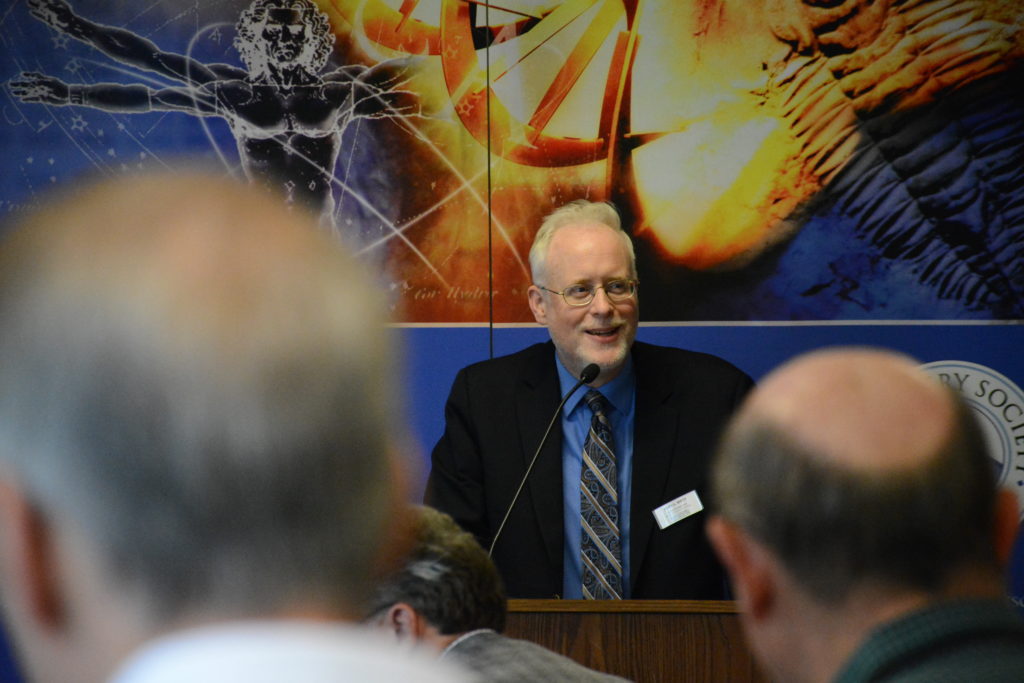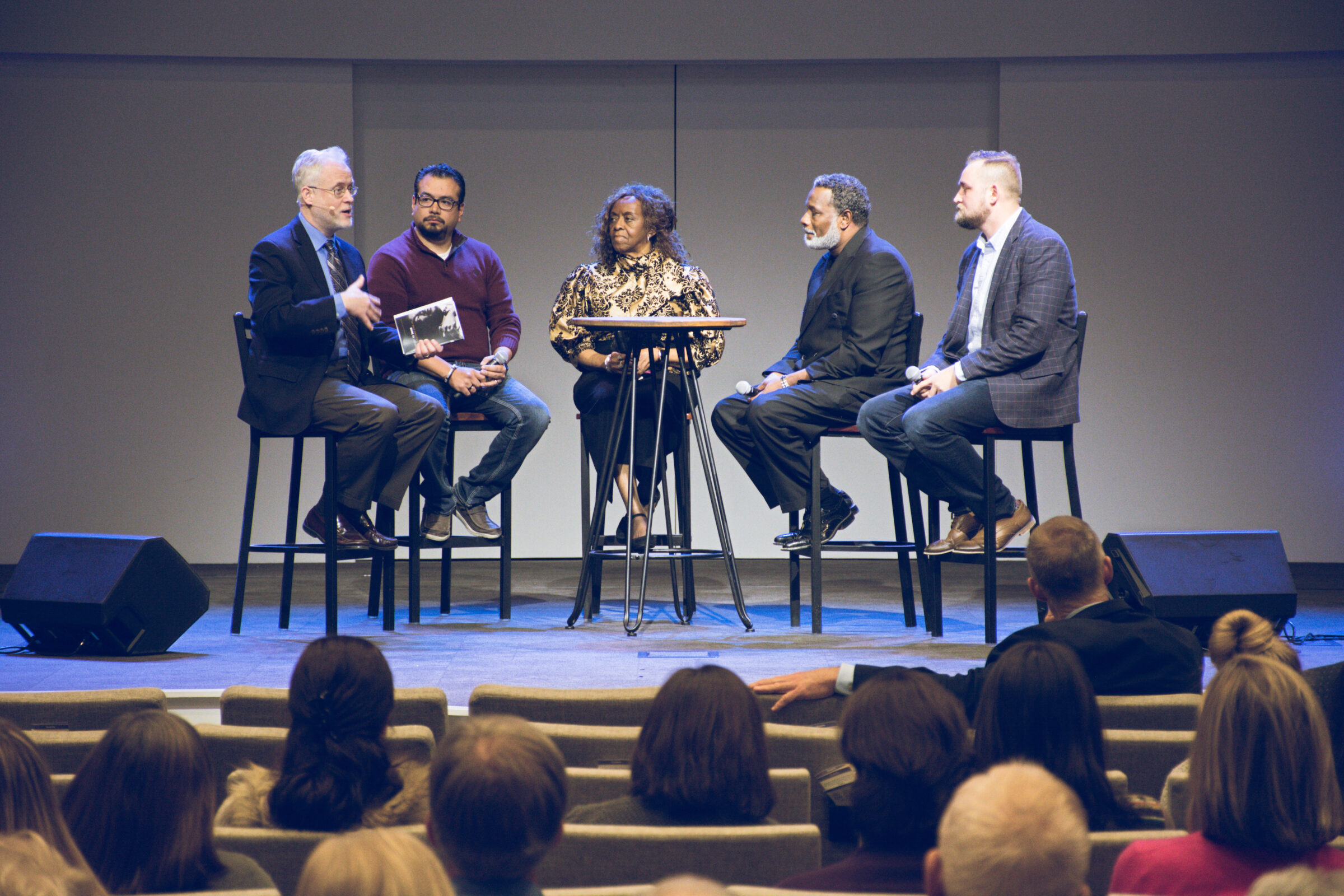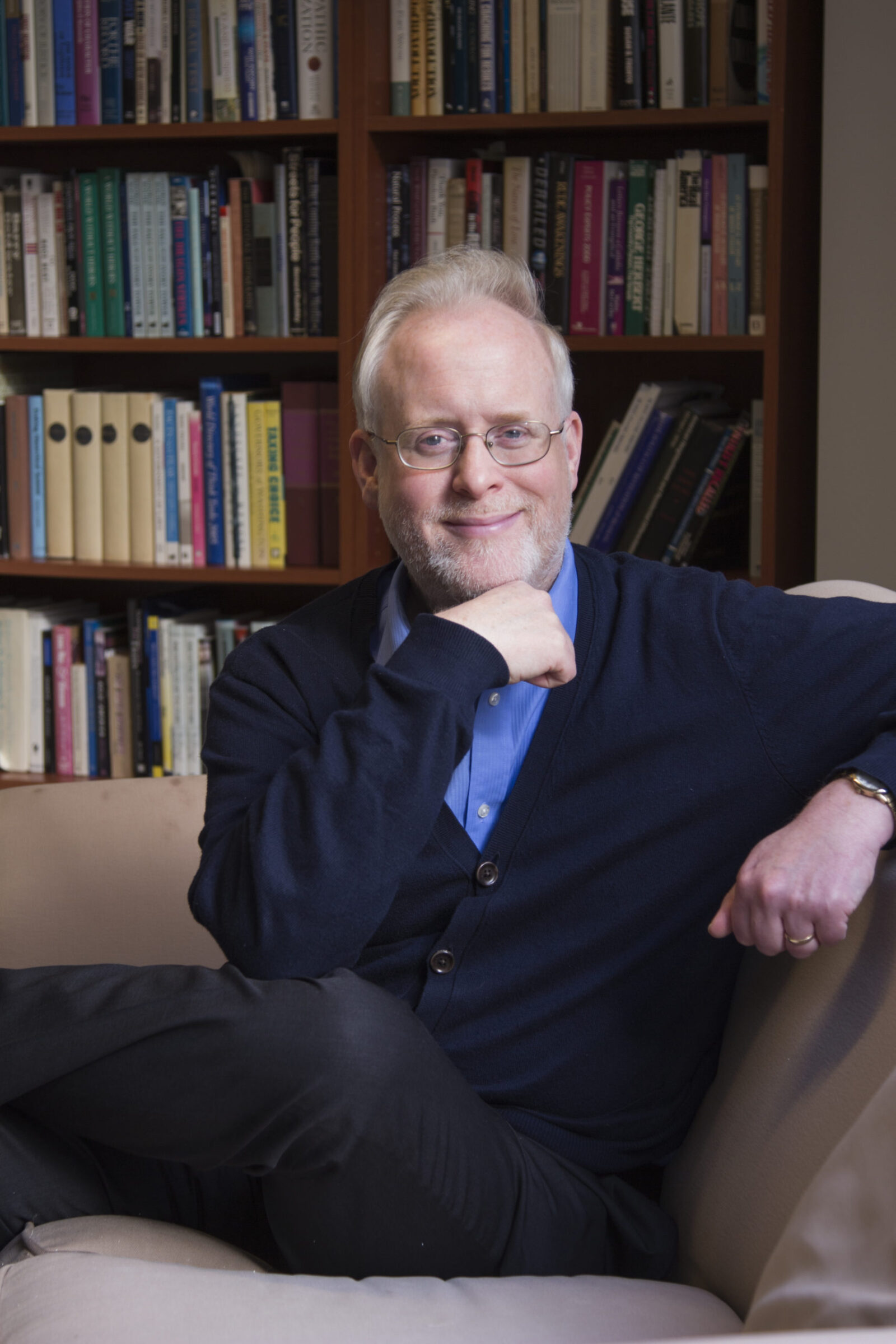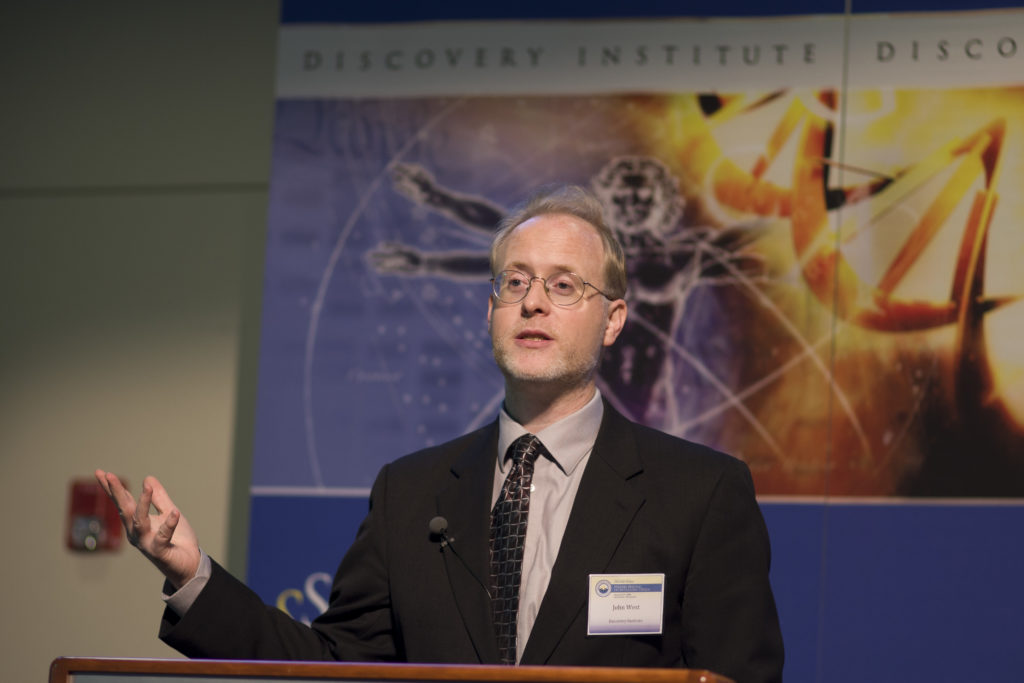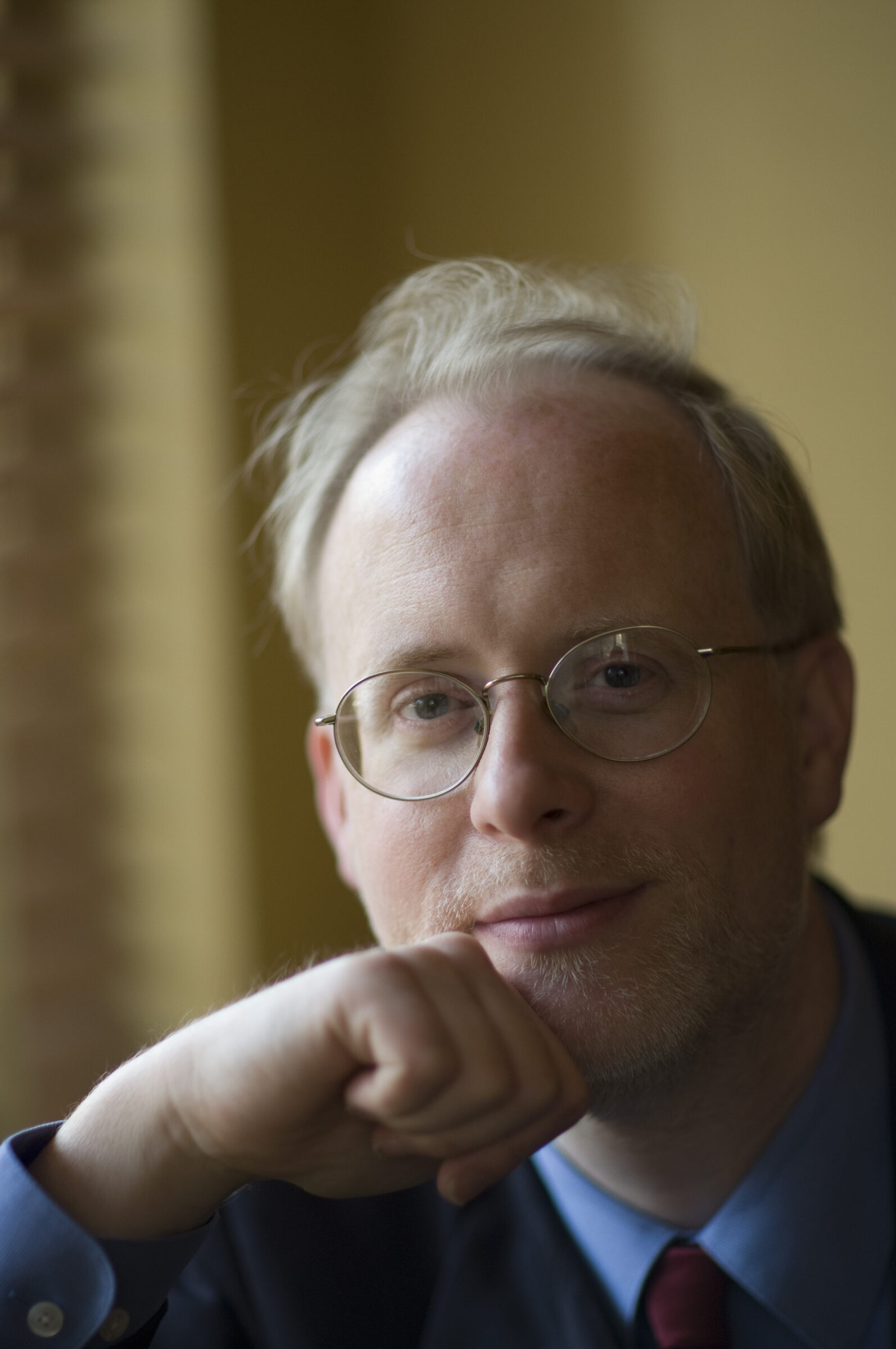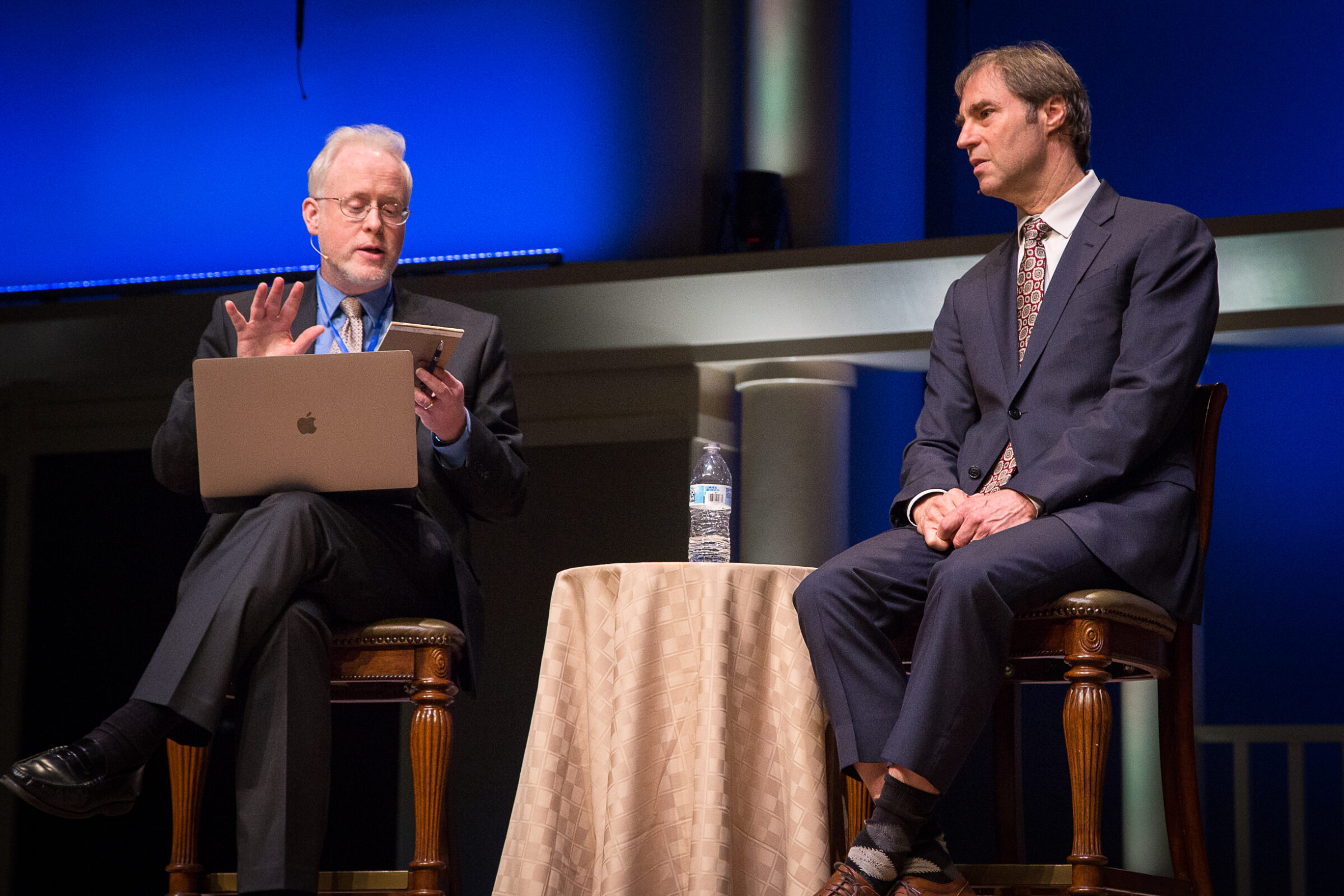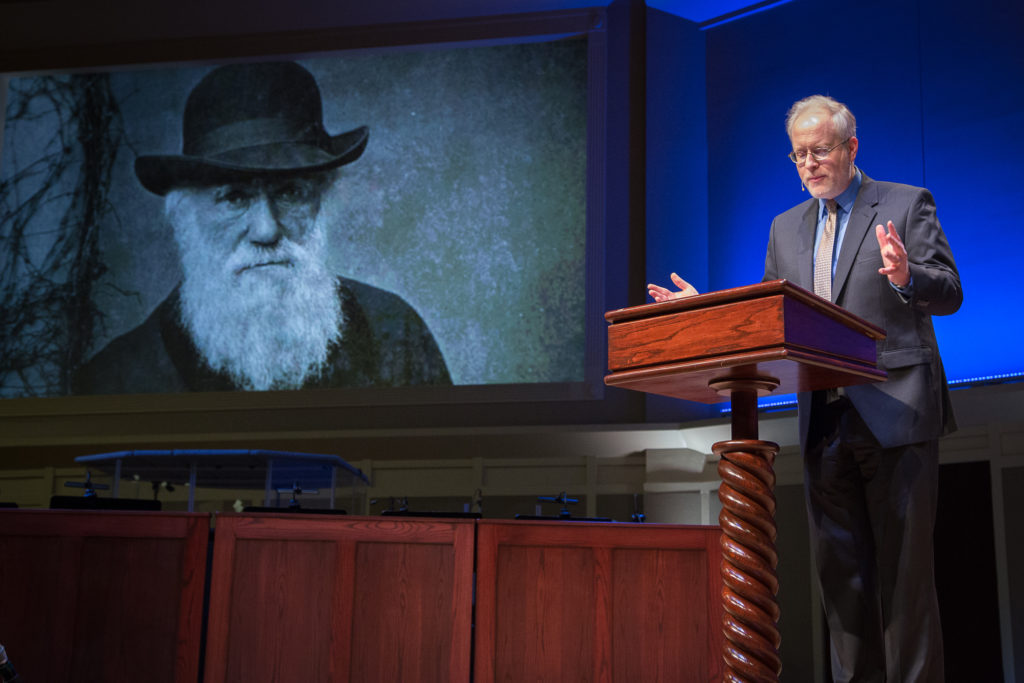My Work and Background
I currently serve as Vice President of Discovery Institute and Managing Director of its Center for Science and Culture, which I co-founded with Stephen Meyer in 1996.
For 12 years I served as a political science professor at Seattle Pacific University, where I also chaired the Department of Political Science and Geography for several years. I earned my PhD in Government from Claremont Graduate University and my BA in Communications (Editorial Journalism) from the University of Washington. Before that, I taught political science and history courses at California State University, San Bernardino and Azusa Pacific University. From 1986-1989, I served as Managing Editor of Public Research, Syndicated, which distributed essays on public affairs to more than 700 daily and weekly newspapers.
If you haven’t learned more than enough about me after reading this page, feel free to read my formal bio.
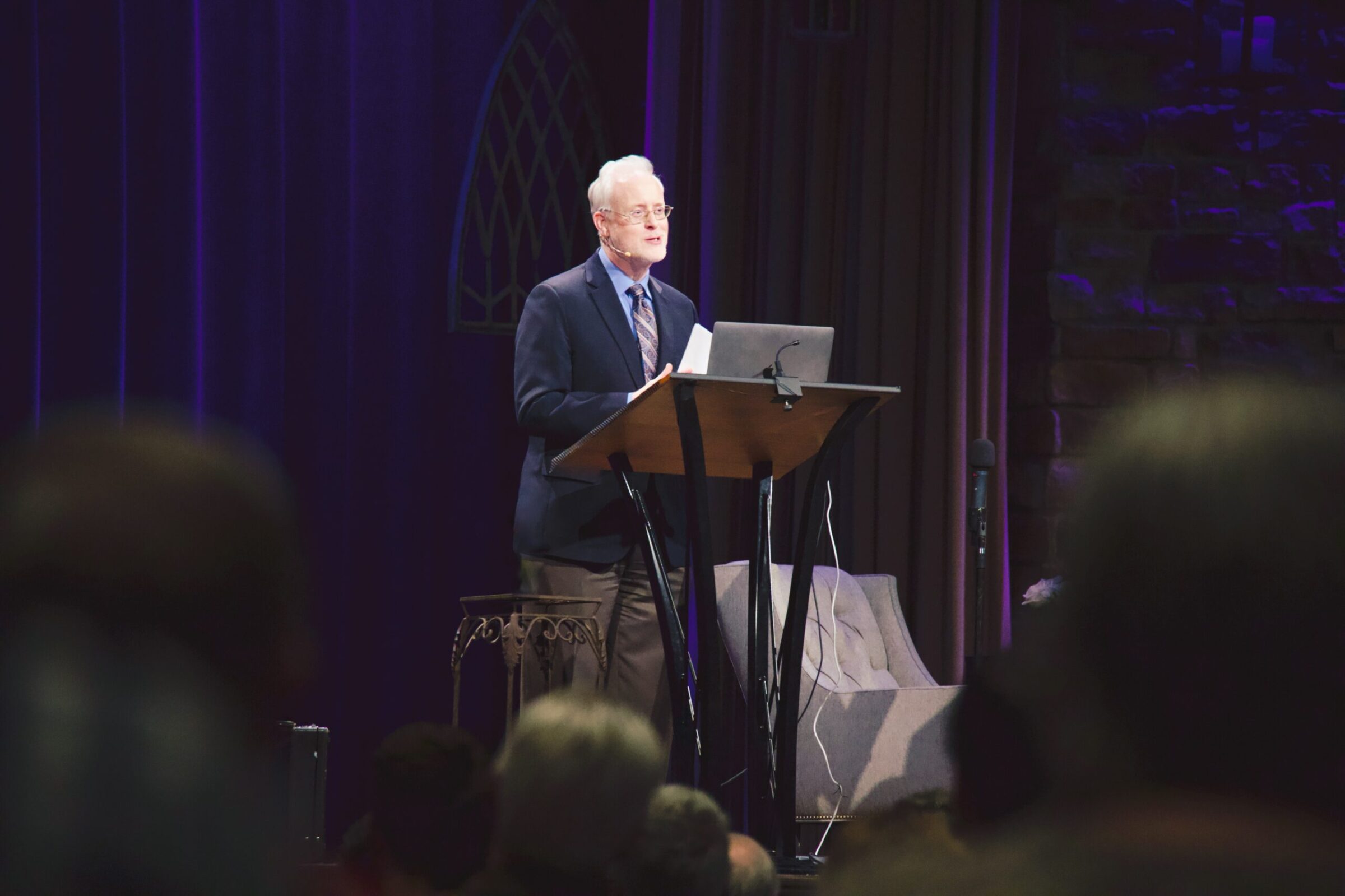
My Books and Films
I have written or edited twelve books, including Darwin Day in America: How Our Politics and Culture Have Been Dehumanized in the Name of Science, The Magician’s Twin: C.S. Lewis on Science, Scientism, and Society, The Politics of Revelation and Reason: Religion and Civic Life in the New Nation, and Walt Disney and Live Action. Other books include:
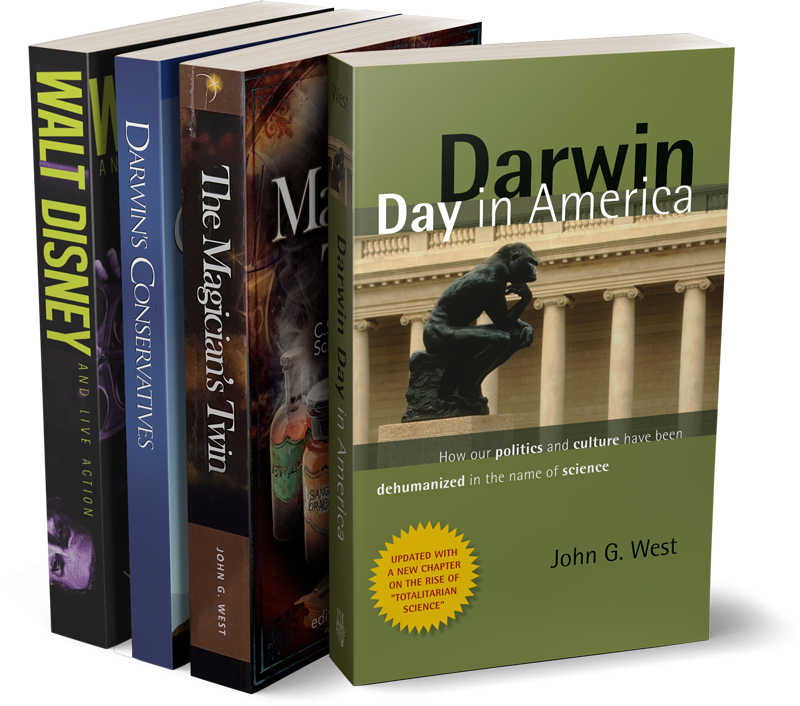
- Darwin’s Conservatives: The Misguided Quest
- The Encyclopedia of Religion in American Politics
- The Encyclopedia of the American Constitution, Supp. I
- The Theology of Welfare
- The C.S. Lewis Readers’ Encyclopedia
- Celebrating Middle Earth: The Lord of the Rings as a Defense of Western Civilization
- Traipsing into Evolution: Intelligent Design and the Kitzmiller vs. Dover Decision
- The New Federalist Papers
Additionally, I have directed and written several documentaries, including Revolutionary, Privileged Species, the award-winning Biology of the Second Reich and Human Zoos, Darwin’s Heretic, The War on Humans, The Magician’s Twin: C.S. Lewis and the Case Against Scientism, and The Magician’s Twin: C.S. Lewis and Intelligent Design. I also helped produce the popular YouTube series, Science Uprising. Listed in Who’s Who in America, I have been interviewed by Time, Newsweek, USA Today, The Washington Post, and The New York Times, and I have appeared on CNN, FoxNews, and C-SPAN.
Something Personal
A native of the Pacific Northwest, I have lived in Washington State for my whole life except for my time in graduate school, when I lived in southern California. My paternal grandfather came to Washington with his single mom near the turn of the twentieth century. His ancestors stretched back to New England in the 1700s, and the Isle of Man before that. My maternal grandparents were Ukrainian, and they came to the United States as immigrants before the First World War. Like many Americans, I am proud of the different ethnic strands in my family history, including my great-great grandfather who fought on the side of the North in the Civil War, and my Ukrainian grandmother who I only knew as a little child because she died of ovarian cancer. But I knew she loved me.
I’m a bit of a contrarian by nature, and I also like siding with the powerless and the underdog. When the establishment insists “Go this way,” I am likely to ask “Why?” When I get pushed, I tend to push back. That’s one reason I was attracted to the nascent intelligent design movement in the mid 1990s. I was intrigued by the fact that a growing number of recent PhDs in the sciences were questioning neo-Darwinism based on science, not faith, and were facing harsh recriminations as a result. I thought then—and still believe now—that people should have the freedom to raise uncomfortable questions and champion unpopular truths.
My heroes from the past are people like Jeremiah Evarts, who stood up for the rights of the Cherokee in nineteenth-century America (I tell his story in chapter four of my book The Politics of Revelation and Reason); Frederick Douglass and Harriett Beecher Stowe, who helped persuade Americans of the injustices of slavery; C.S. Lewis, who challenged the idols of secular modernism and scientific materialism, and who was a sharp critic of both communism and fascism in the early 1930s; and Francis Schaeffer, who balanced a passion for truth with an equal commitment to grace. His book The Mark of a Christian continues to challenge me.
Although I consider myself a conservative, some of my views aren’t easily pigeonholed. I am a critic of “scientific” racism, whether it comes from right or left. Watch my film Human Zoos and you will understand why. I’m a strong believer in civil liberties, and I oppose abuses of power, whether they are justified in the name of fighting crime or defending public health. I am also an enthusiastic believer in religious liberty and free speech. I think the best way for people to spread their ideas is through unhampered discussion, not government coercion. I am critical of secularist materialism and those who try to muzzle people of faith; but I am just as critical of some Christians who are now calling for a “theocratic Caesarism,” an appalling idea I think is incompatible with genuine Christianity.
